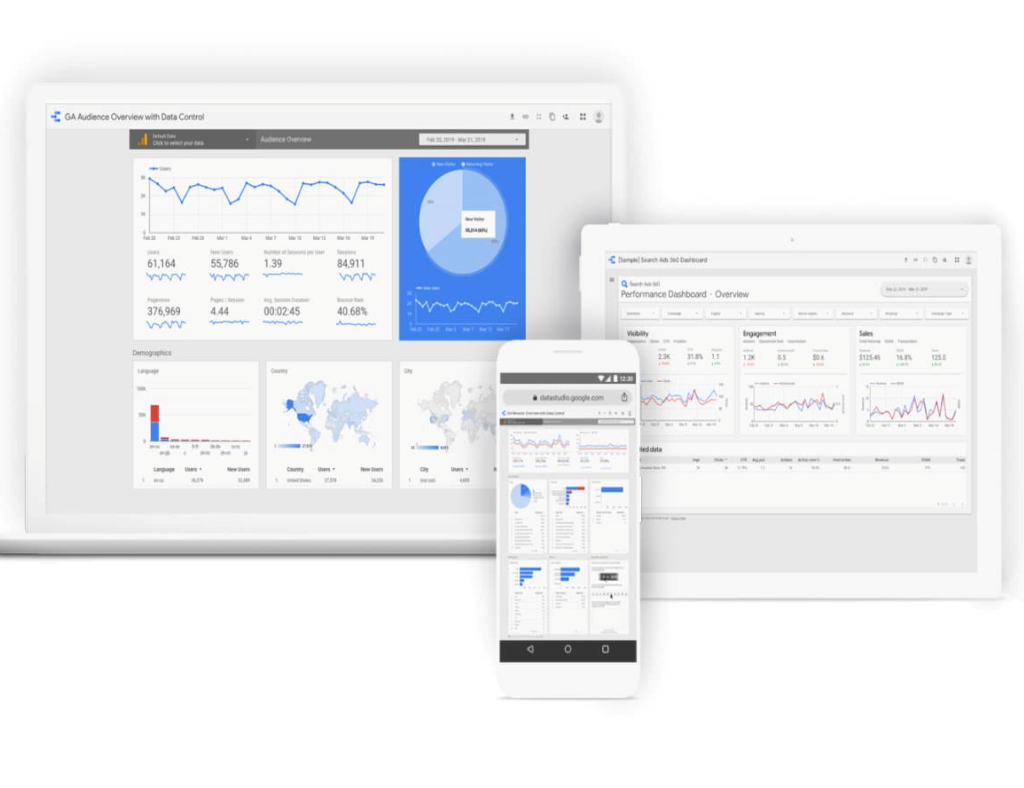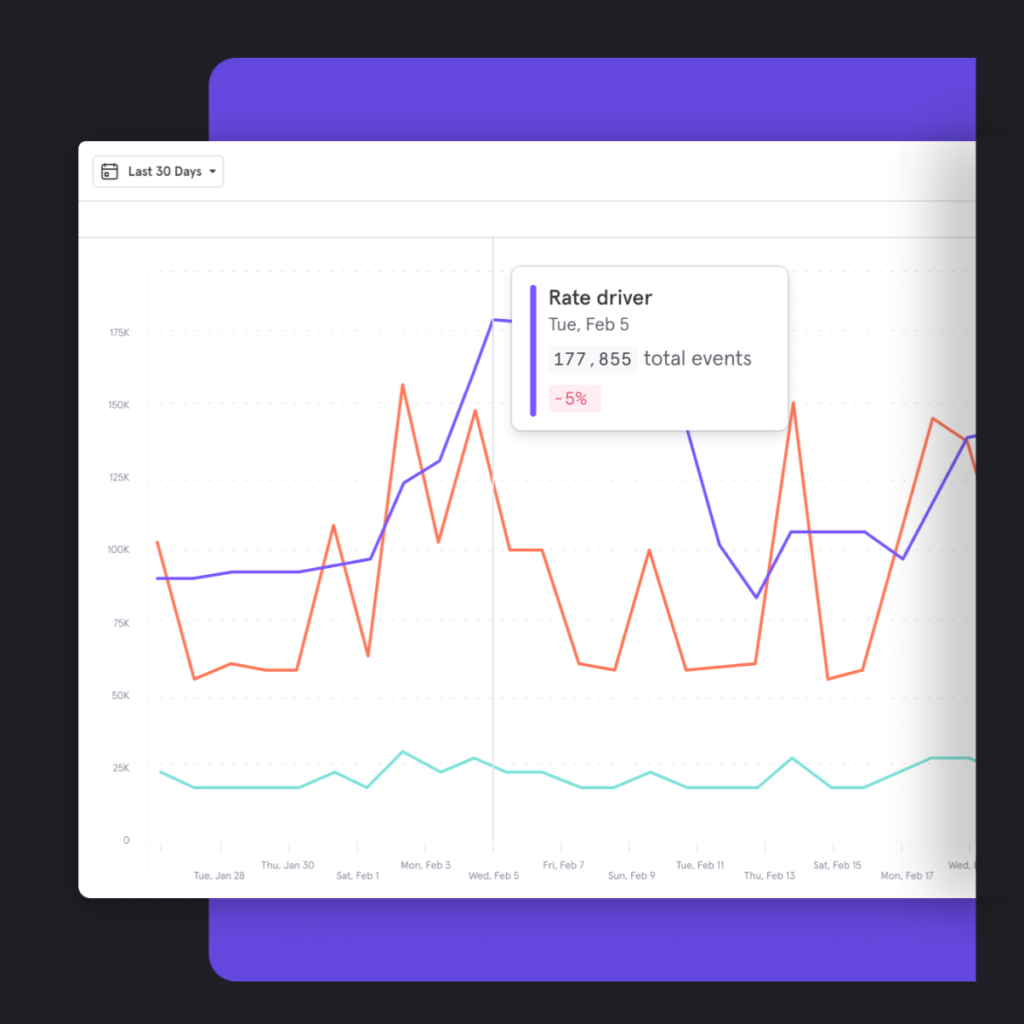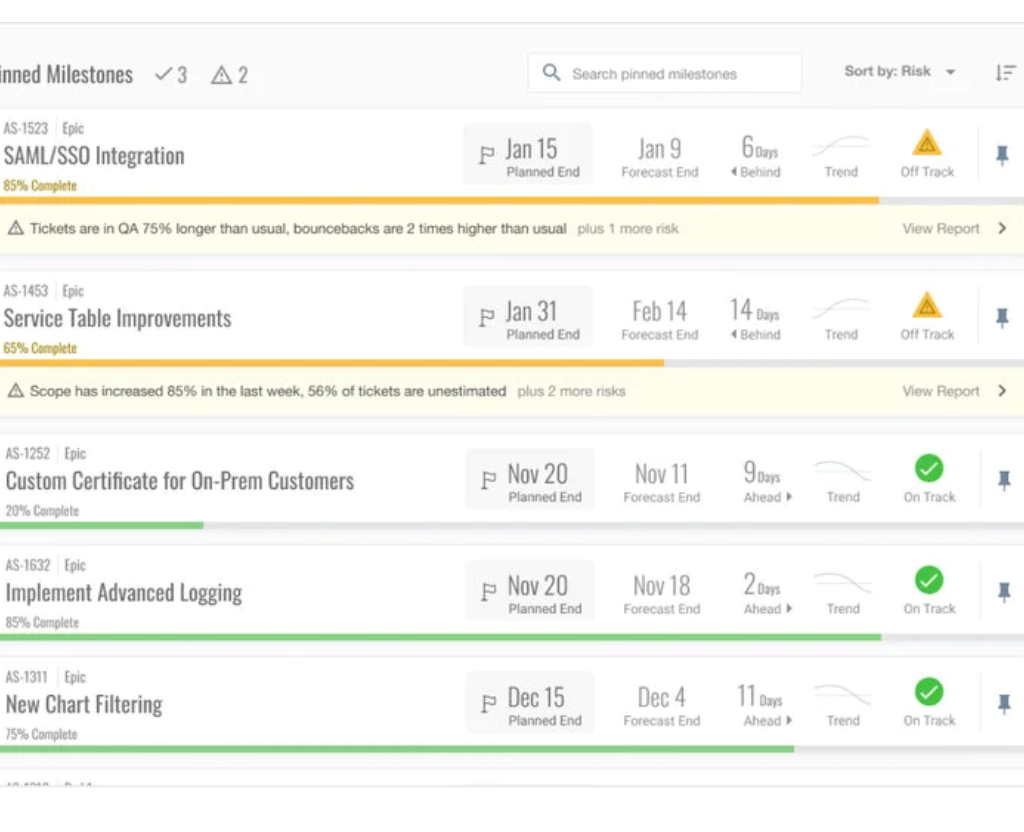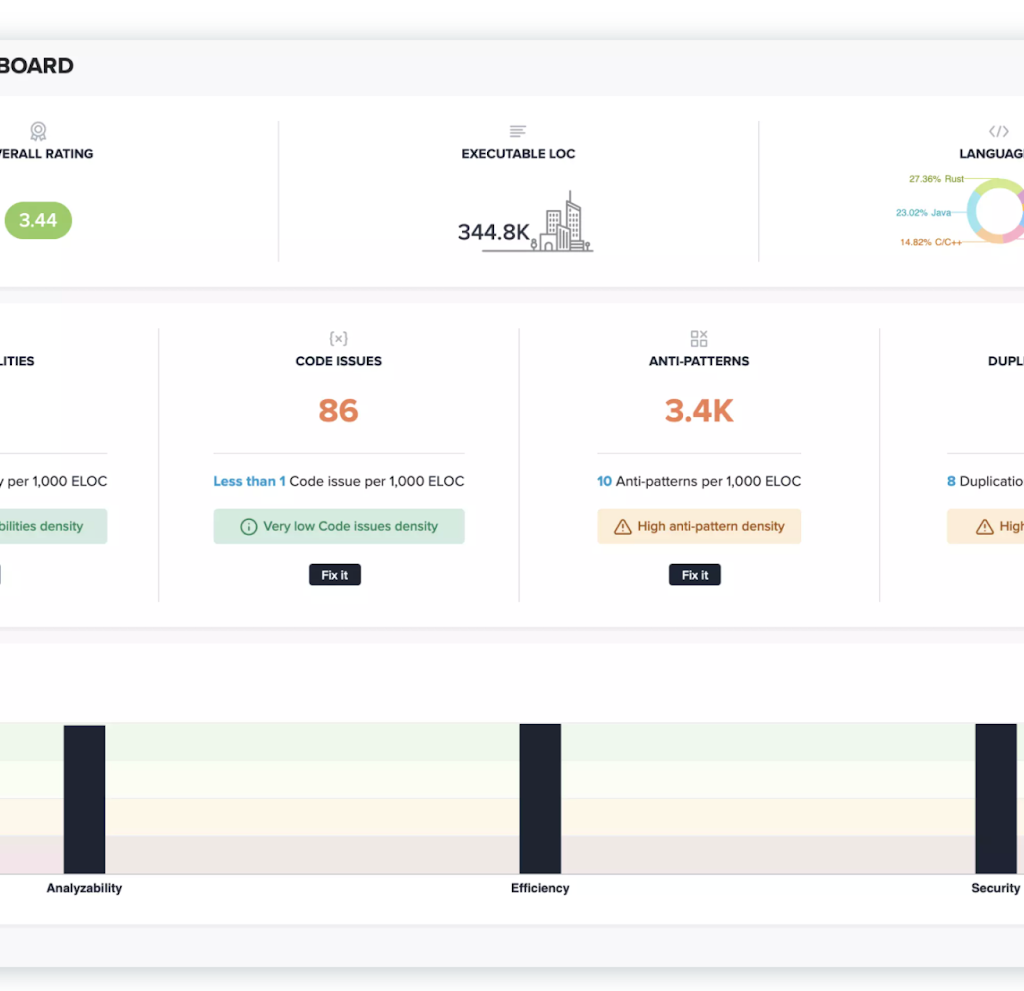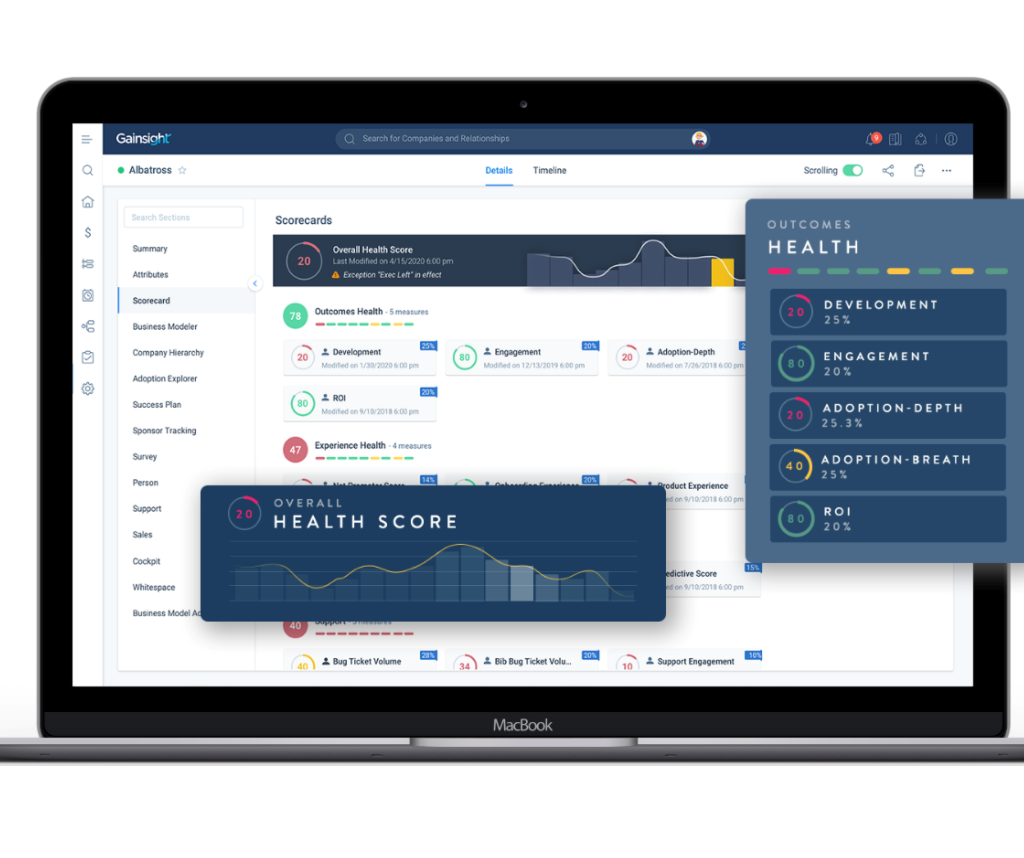Data is an important part of any business, including areas that focus on product development. With data, you can analyze it and then incorporate your findings into the development stages of the product’s creation. As such, you end up with a final product that is a lot more effective than it would be without that influence of analysis.
The results of data analysis can take some time, hence why it’s important to introduce this as early on as possible to ensure peak performance. So, with that in mind, how have analytics contributed to product development?
In this article, we’ll be looking at how data analytics can help in product development and where it’s going in the future. You’ll also get some helpful tips on collating data in order to utilize for your future products in their development stages.
How can data analytics help in product development?
So why do we need data analytics when it comes to product development? Well without analytics, product development would simply be developing an idea and providing a final outcome that hasn’t considered it’s consumer expectations.
It’s unlikely that the product is going to be successful in meeting consumer expectations when you don’t know what they are to begin with. The statistics don’t lie either. With 21% of products failing to meet customers’ needs, analytics are now more important than ever in contributing to a product’s success.
There are many areas that analytics can provide when it comes to the product development steps, from the initial idea to the launch of the product itself.
User experience
Part of product development requires an insight into the user’s experience. Analytics can help you understand the reasoning behind why the customer wants the product. It can also help to figure out how you can make your product better than your competitors by providing the best user experience possible.
Inspiration and new ideas
When developing a product from an idea, there will likely be some level of inspiration that comes with it. However, through analytics, you can tap into insights that will likely lead to new ideas for the product or future products further down the line. There might be useful data that can help add to the product to make it more useful for the long-term or better what it’s already out there on the market.
Product testing and progress
During product development, analytics can help to inform those working on the product, whether certain features are working or not. Through product testing and trialing, it can help properly access the product and ultimately, it’s chances of success when the product launches.
With information such as analytics, it can contribute to product decision-making. From the product’s concept, it can help developers test what’s needed in order to perfect every part of the product.
Who benefits from using analytics?
For those involved with product development, everyone will benefit from using analytics within their role.
Product managers
Product managers need to be able to identify product weaknesses as well as finding what’s needed to improve user experience. They’re responsible for the overall work being done in the development of the product and so having access to this data can be helpful.
Developers
Within the development of the product you’re building, it’s important to know what features are going to be beneficial and what aren’t. With the right analytics, the developers will know what flaws there are and with the design team, can help correct these flaws for a better product overall.
UX Designers
User experience designers, as we know from above, are an important part of the process. They’ll be able to gather from the analytics, what features are confusing the users and can address them. It’ll also hopefully mean less back and form when it comes to design and development in the process.
Marketing Team
The marketing team needs the knowledge in order to sell the product to the users correctly. Without that knowledge, the product won’t get the airtime it deserves when advertising and promoting the business.
Your marketing team can use the data to understand where and when to target the marketing campaigns and who to exactly.
Customers
And finally, customers benefit greatly from the analytics you gather whilst developing the product. It can help to know what customer behaviors there are when it comes to dealing with products like yours and what they’re after.
Improving customer experience is key and with data, you’re able to ensure they get the best customer experience possible. With 84% of companies that work to improve their customer experience, they report an increase in their revenue. The same can be said when it comes to converting potential leads into paying customers.
Choosing the right analytics software for product development (5 examples)
So now that you have a better understanding of how analytics can be great for product development, we’ve put together a few helpful suggestions. These are five of the best analytics software that are useful for product development projects.
Google Analytics
Google Analytics is a go-to for many businesses that are looking to collect data on their site. With GA, you’re able to find out the user’s location, age range, gender etc. You can also find out their hobbies and interests, what’s led them to the site and what pages they’re engaging with the most on.
For the most part, Google Analytics is free to use but there are some premium features that you’d need to pay for.
Mixpanel
Mixpanel is a great product analysis software that you can utilize to help gain valuable customer insights. It can ensure you make smarter decisions for developers when it comes to the product. You can also implement it in order to look at how your customers are interacting with your website too.
The software not only helps to assess and engage with your customers but to also help retain them once the product is live. Mixpanels is available to try for free before paying a premium at $25 per month.
AllStacks
AllStacks is a great one that can help provide predictive forecasting and risk analysis to any product that you’re working on through its software delivery. It can help provide insights across all of your current projects in order to provide a better process overall.
Using machine learning and AI models, it can help identify the risks within the software and help with solutions that can get your product development back on track. AllStacks has a variety of different subscriptions depending on your needs as a company.
Embold
For those developers and the development team in general, Embold is critical for helping find code issues before they arise. It can analyze and diagnose the issue whilst offering solutions in order to help fix whatever is causing a potential roadblock.
Another one that uses AI and machine learning technologies, it’s a good one to help prioritize issues that could cause delays further down the line. Embold is a more affordable option for most with a free version and a premium one for €4.99 per month.
Gainsight PX
Gainsight PX is beneficial to customer success and can help understand what you need to do as a business in order to help boost sales and assist with post-sales too. The platform analyzes the entire product journey, collects user feedback and creates in-app engagements where necessary.
For it’s costs, it doesn’t disclose the amount on site and is likely tailored to each company’s needs and what they require.
What should be in your criteria for analytics software?
As a business, it’s important to think about the criteria that you should have when picking an analytics software for your product development. So with that being said, here are a few things to consider.
Budget
What budget do you have available to spend on analytics software? There are going to be some that are free and useful enough to get data from without needing to spend money. There will be those that cost money in order to get more insightful data, which you might find beneficial to have.
Consider your budget and how much you’re willing to spend in order to get the right software for you.
Real-time analysis
For some features of your product, it might be worth testing them beforehand to see how well it performs on the market. These real-time analysis results might prove to be useful and so some software will offer a real-time feature, whereas others might not.
Features
Talking of real-time analysis, it’s important to think about what features are being offered within the software itself. The quality of the data you get is just as important as the amount you get. Remember, quality over quantity!
The role of analytics in product development is one that’s prominent and very much needed for the future of products yet to come onto the market. Look at how it can benefit your product development in particular and know what analytics software will prove most efficient and cost-effective for your business.



